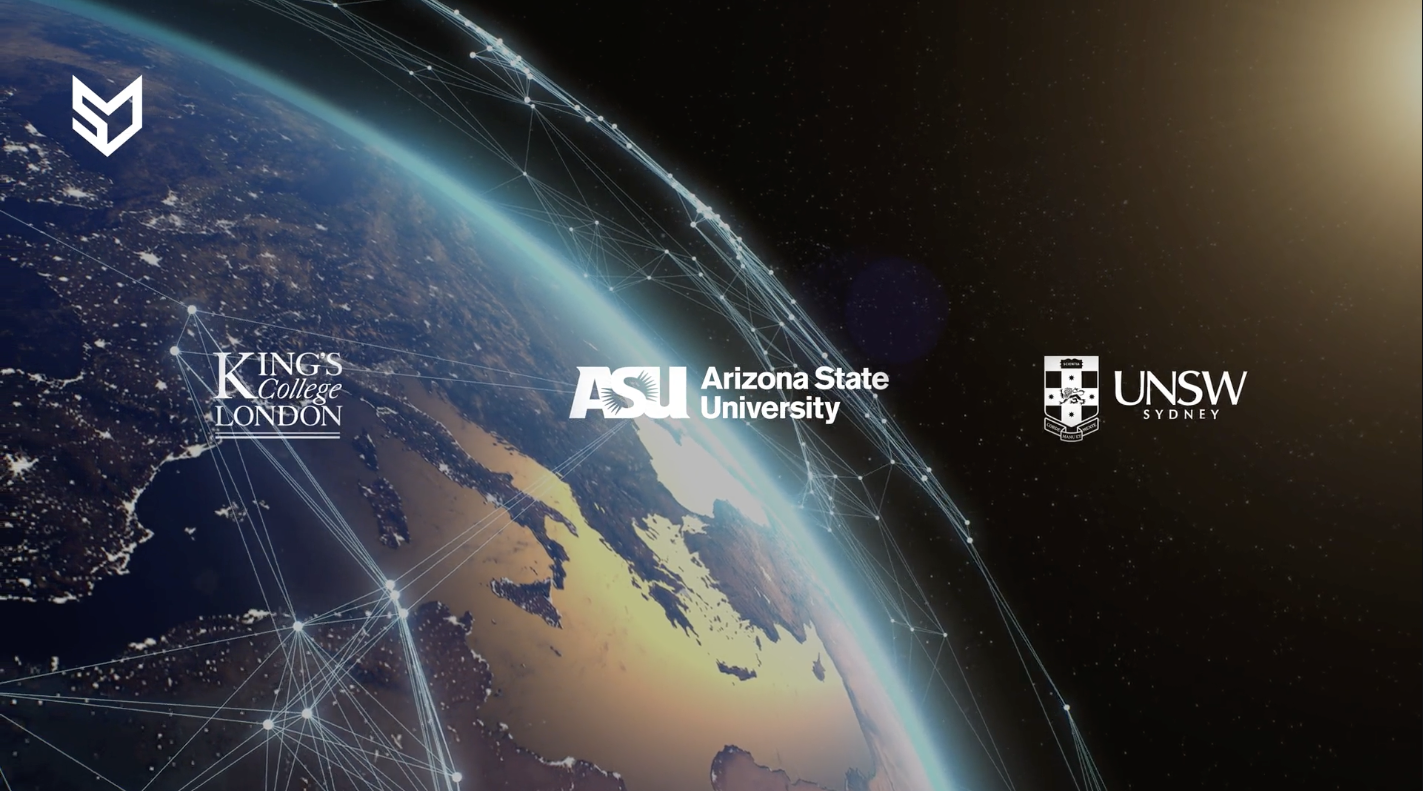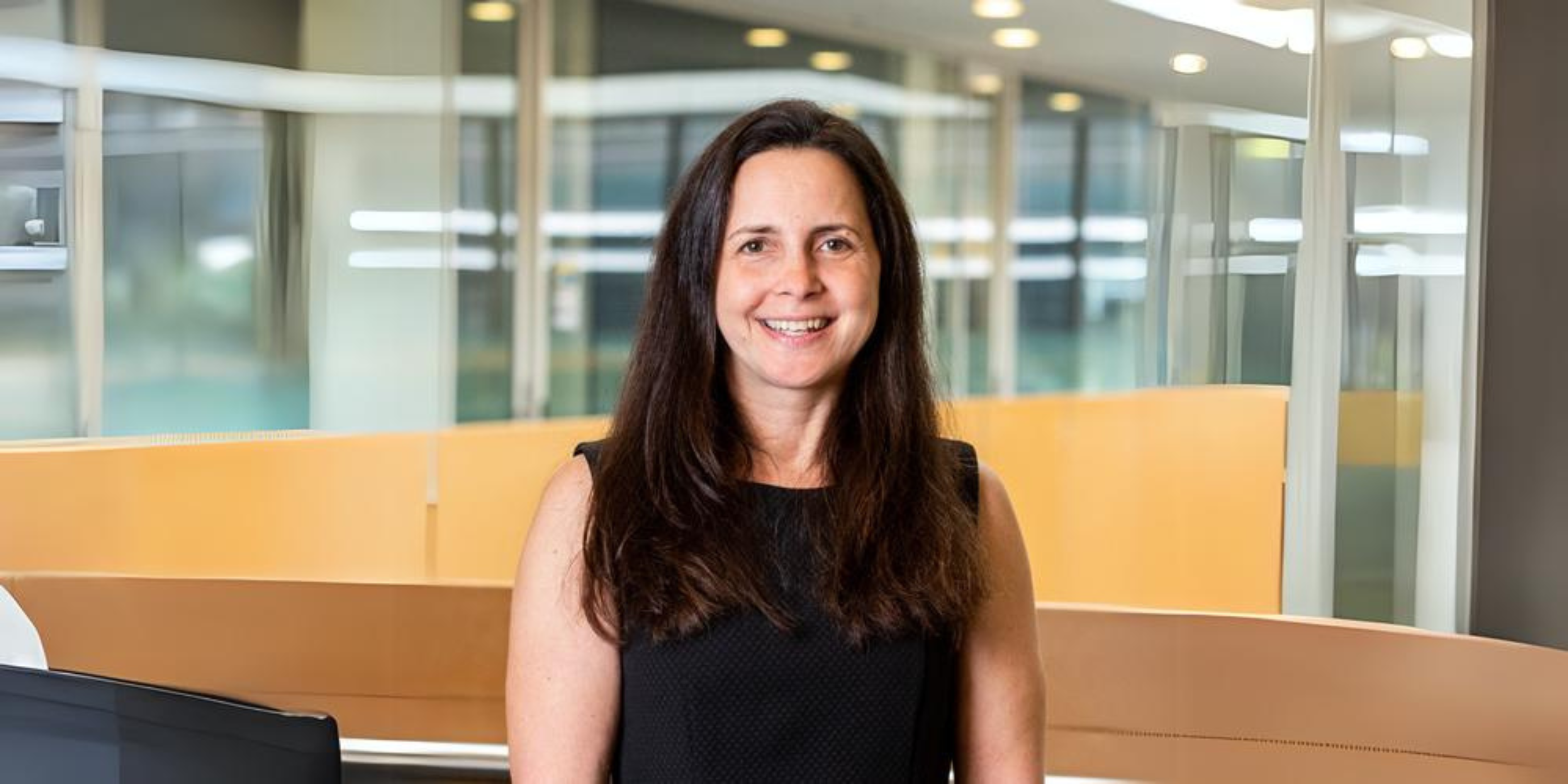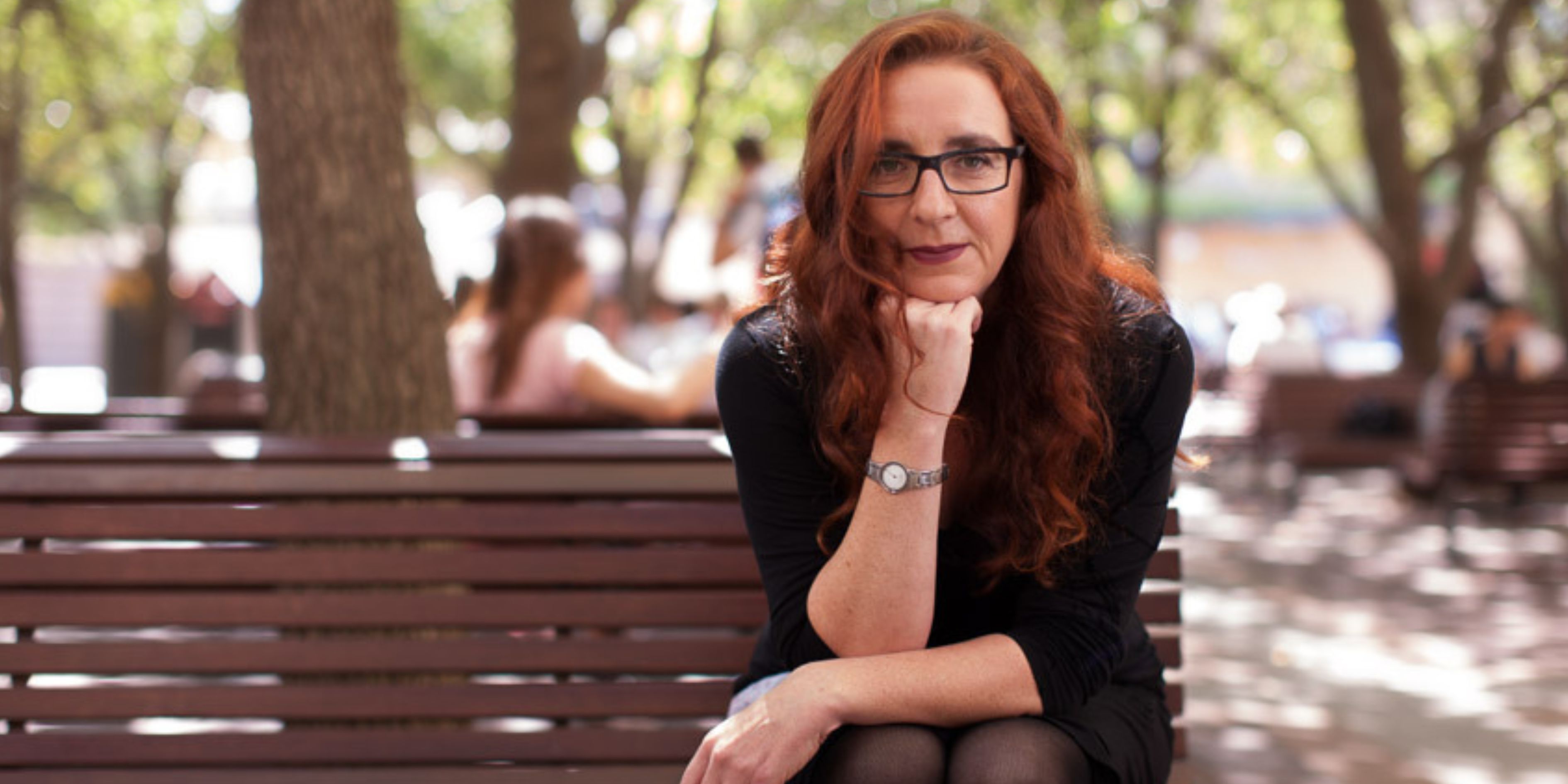The PLuS Alliance universities – Arizona State University (ASU), King’s College London and UNSW Sydney – have performed extremely well in the latest international survey (April 2020) that judges universities’ impact on society based on the United Nations Sustainable Development Goals.
In The Times Higher Education Impact Rankings, ASU has been ranked No. 1 in the United States and fifth in the world out of 766 institutions in more than 75 nations. King’s has been ranked ninth in the world and third in Europe, and UNSW has ranked first in the world for its work toward efficient use of resources and the minimisation of waste and 66th in the world overall.
In 2015, world leaders of the 193 member states of the UN agreed to establish seventeen Sustainable Development Goals (SDGs) aimed at achieving a better world by 2030.
The SDGs provide an outline for improving outcomes for people and the planet by working together in a global partnership. The rankings are also the first to focus on universities’ activities and priorities not assessed in other league tables.
Among the goals are an end to poverty and hunger, clean water and energy, gender equality, decent work, responsible consumption and production.
The PLuS Alliance was created in 2016 with the UN SDGs at the forefront of its creation. The PLuS Alliance brought together the capabilities and standing of three world-class universities – Arizona State University, King’s College London and UNSW Sydney – to pursue solutions to global challenges presented by the UN SDGs.
On 22 April 2020 the Times Higher Education (THE) Impact Rankings 2020 were announced. The THE Impact Rankings were launched last year and are the only global rankings to document evidence of universities’ impact on society, rather than just research and teaching performance. This year’s ranking includes tables on all seventeen UN SDGs, up from 11 goals last year. With over 750 universities participating and all 17 UN SDGs assessed, the 2020 THE Impact Rankings is much larger than last year’s pilot, which was based on assessments from 462 universities across 11 SDGs.
Arizona State University
Arizona State University ranks top in the United States and fifth in the world out of 766 institutions in over 75 countries in achieving those goals, above the University of British Columbia in Canada, and the University of Manchester and King’s College London in the UK. ASU has risen from 35th place in 2019 to 5th place overall in 2020.
ASU scored 96.3 out of 100 points. Only three American universities placed in the top 100. ASU beat the University of North Carolina at Chapel Hill and Penn State.
Research alone is only one component of each ranking. In the first goal — eradicating poverty — ASU conducts research (score of 88), provides financial aid (69.4), and runs antipoverty programs both within the university and in the community (100 each).
ASU’s numerous partnerships supporting the goals scored 89.6, with education about the goals earning a perfect 100.
“This is more than a target to motivate behavior, this is a commitment Arizona State University has made to demonstrate that sustainability is achievable." said ASU President Michael Crow. “It reflects the focus and dedication of people across the university and we are proud to be leading a new wave in the evolution of higher education. As an emerging service university, we are designed to be adaptive, nimble and skilled in leveraging ideas and technology to create impactful solutions to complex global challenges and take responsibility for continuing to move this pioneering work further every day.”
Among the seventeen goals, in addition to eradicating poverty, ASU ranked highest in affordable and clean energy; sustainable cities and communities; responsible consumption and production; peace, justice and strong institutions; and support of both aquatic and terrestrial ecosystems.
ASU participates in all seventeen UN SDG categories, pursuing these goals in every aspect of education and operations for almost two decades.
"Being ranked as the No. 5 university in the world for impact reflects that Arizona State University, our faculty, staff and students consider it our fundamental responsibility to inspire positive change and contribute to the overall health of our global community," said Mark Searle, executive vice president and university provost.
King’s College London
King’s has been ranked ninth in the world and third in Europe for its social, environmental and economic impact.
King’s was particularly recognised for its work with local, national and international partners, ranking fourth in the world for ‘Partnerships for the Goals’ (SDG 17). King’s successfully delivers against this goal through cross-sectoral dialogue with government bodies and NGOs, international collaboration and research, local and global student volunteering programmes, and its commitment to service learning and civic engagement.
“I am delighted that King’s has been recognised for our commitment to serving society in the 2020 Times Higher Education Impact Rankings, which are based on a holistic assessment of our core academic mission of Education, Research and Service. Our top 10 position is an achievement for the whole King’s community to take enormous pride in and I would like to thank everyone for making it possible,” said Professor Jonathan Grant, Vice President & Vice Principal (Service).
The three other top contributing SDGs for King’s were Good Health and Wellbeing (SDG3), Sustainable Cities and Communities (SDG 11), and Peace, Justice and Strong Institutions (SDG 16).
“We are proud to have confirmed our standing in this international ranking, which reasserts our continued commitment to serving our communities, wherever they may be in the world,” said Professor Ed Byrne AC, President & Principal, King’s College London.
“King’s has a long and proud history of serving the needs and aspirations of society. In response to the COVID-19 pandemic, King’s is continuing to serve its local, national and international communities.”
UNSW Sydney
UNSW Sydney has secured two top five places for its commitment to sustainability and clean energy. UNSW Sydney has ranked first in the world for its work toward efficient use of resources and the minimisation of waste and 66th in the world overall.
Along with the top ranking in Sustainable Development Goal (SDG) 12, Responsible Consumption and Production, UNSW placed fourth in the world for SDG 7, Affordable and Clean Energy. In total, UNSW was placed in the top 100 for four SDGs, with equality and gender equity accounting for the University’s two other highly ranked areas.
The University’s high rankings in SDG 7 and SDG 12 reflect UNSW’s contributions to clean energy and resource efficiency through campus operations, research and outreach and strengthened through the launch of an Environmental Sustainability Plan 2019-21.
In 2019, UNSW expanded onsite solar photovoltaic (PV) energy capacity and in 2020 will become the first university in Australia to have 100 per cent of its electricity supplied by solar PV power through a landmark 15-year Power Purchase Agreement (PPA). The university also recently announced it would divest from fossil fuel assets by 2025.
UNSW President and Vice-Chancellor Professor Ian Jacobs said the results were recognition of the University’s mission to provide world-class teaching and cutting-edge research, as well as its commitment to advancing a just society.
“I am enormously proud of the contributions from every part of the university in helping UNSW realise its goals for sustainability and equality, while also advancing its mission of being a positive global influence,” Professor Jacobs said. “The impact rankings reflect our commitment to issues which we know are important to our students, staff and communities – and vital for our environment.”
UNSW’s two other strongest areas were SDG 10, Reduced Inequalities (78th) and SDG 5, Gender Equality (81st).
“The significant lift in UNSW’s position is testament to the energy and commitment staff and students have devoted to sustainable and equitable development,” said Professor Eileen Baldry, UNSW Deputy Vice-Chancellor, Equity, Diversity and Inclusion. “Our UNSW community has embedded the SDG values in our strategic goals, and we are working enthusiastically to bring them to life in our policies and practices.”
Contact Bisi Olulode, Communications Officer - PLuS Alliance [email protected]


